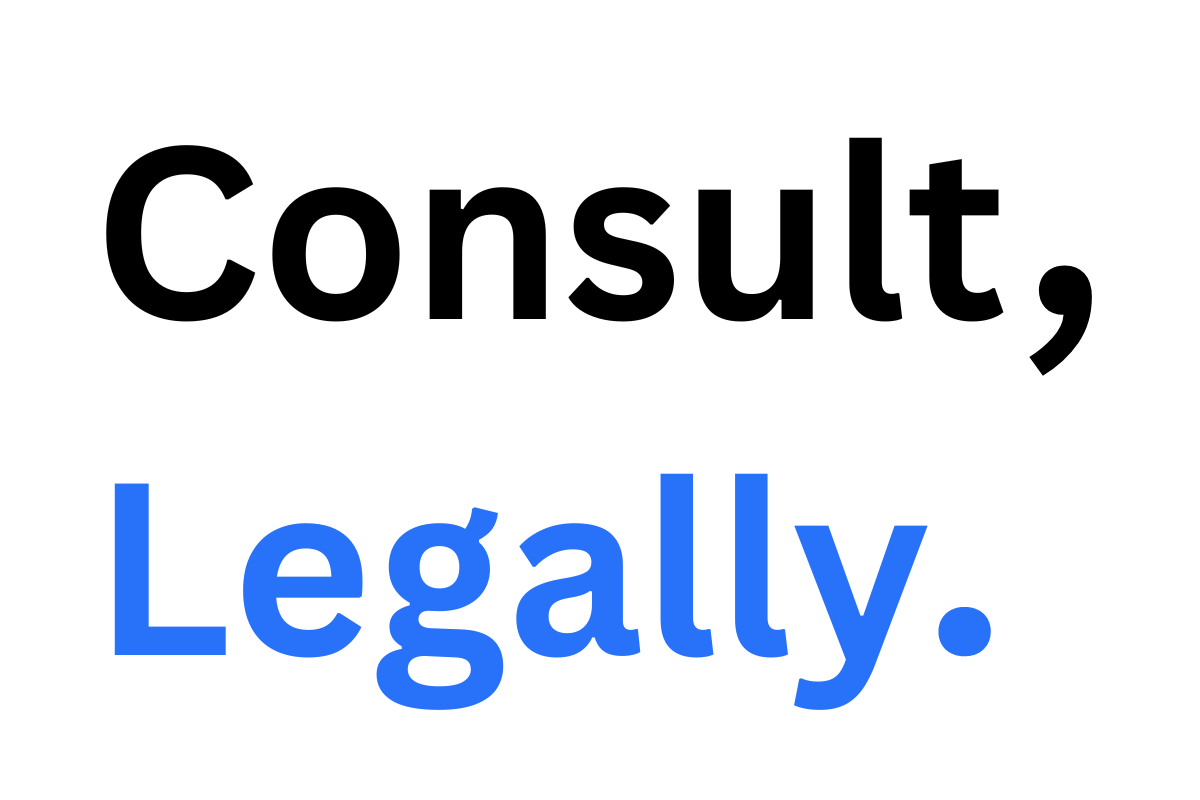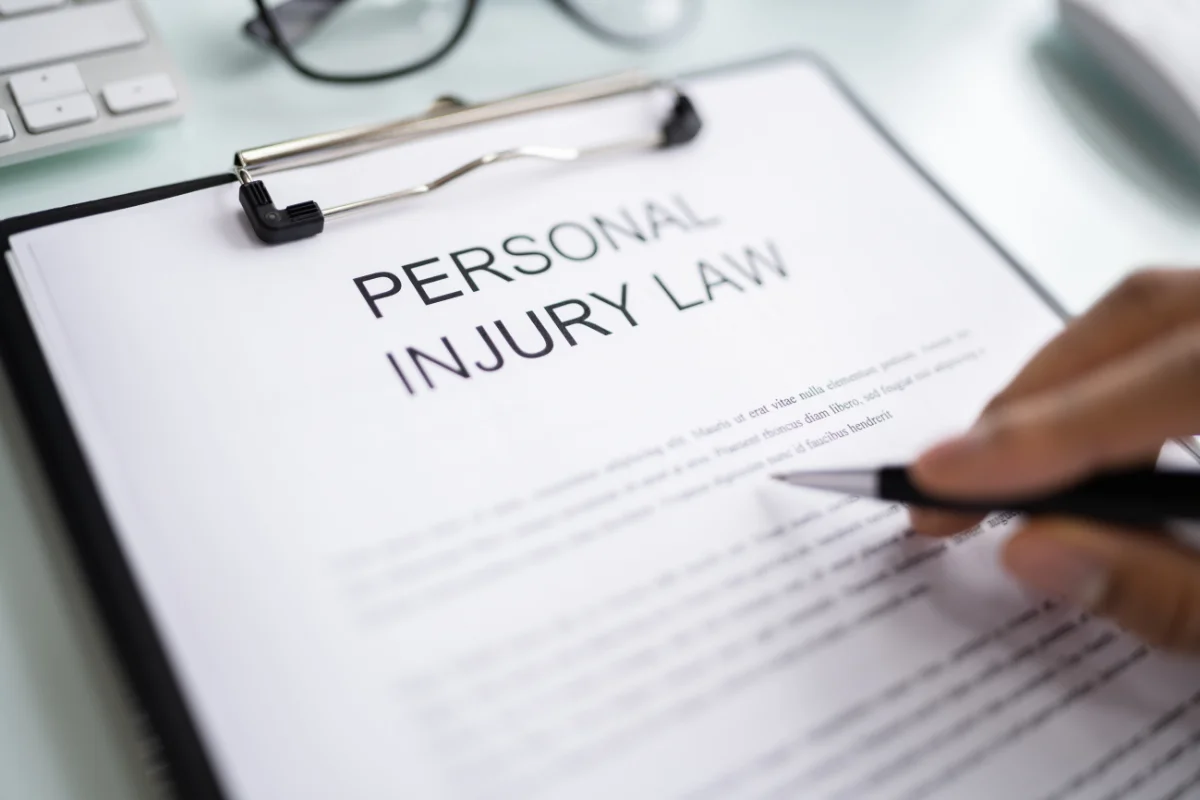Pprivacy has become more and more difficult to maintain. With smartphones, cameras, and recording devices everywhere, it’s not hard to imagine a situation where someone records you without your permission. But what if this happens? Can you sue someone for recording you without your consent? The short answer is, it depends. This article will explore when and how you might be able to take legal action if someone records you without your permission, the laws around recording, and what to do if your privacy is violated.
Understanding Privacy Laws: What Does the Law Say About Recording?
Before diving into the specifics, it’s important to understand that privacy laws vary greatly depending on where you live. There are federal laws and state laws in the United States, and they govern different aspects of privacy. The most common legal issue people run into with recording is wiretapping laws. These laws control when and how someone can record a conversation or video of you. In general, you are allowed to sue someone for recording you without permission if it violates privacy laws. However, it’s not always that simple, and a few factors will come into play.
What is Wiretapping and How Does it Relate to Recording?
The term wiretapping originally referred to the act of intercepting phone calls illegally, but it now applies to any unauthorized recording of private conversations, whether by phone, video, or audio. Wiretapping laws are designed to protect the privacy of individuals, so that no one can listen to or record your private conversations without your knowledge or consent.
Under these laws, recording someone without their permission is generally illegal. However, the specific rules and penalties depend on whether the situation falls under federal law or state law, and whether it’s a one-party consent or two-party consent state.
One-Party Consent vs. Two-Party Consent: What’s the Difference?
In the U.S., the rules about who can record a conversation depend on whether your state is a one-party consent state or a two-party consent state.
- One-Party Consent: In a one-party consent state, only one person in the conversation needs to know about and agree to the recording. This means that if you’re talking to someone and they secretly record the conversation without your knowledge, it might still be legal, as long as they are part of the conversation.
- Two-Party Consent: In a two-party consent state, all parties involved in the conversation must be aware of and agree to the recording. This means that if someone records you without your permission in a two-party consent state, it is considered illegal.
The majority of states in the U.S. follow one-party consent laws, but there are several states where two-party consent is required, including California, Pennsylvania, and Florida. If you live in one of these two-party consent states, and someone records you without your knowledge or consent, they may be violating the law.
What About Video Recordings? Can Someone Legally Record You on Camera?
It’s not just conversations that can be recorded. Video recordings are also covered by privacy laws, but they are treated differently than audio recordings. Generally speaking, video recordings are legal if they happen in public places where you don’t have a reasonable expectation of privacy.
For example, if someone records you in a public park or on the street, it’s not illegal because there is no expectation of privacy in public spaces. However, if you are in a private setting, such as your home, a doctor’s office, or a bathroom, you have a reasonable expectation of privacy, and any recording of you in those places without your consent could be illegal.
Situations Where You May Be Able to Sue for Unauthorized Recording
While it’s true that the legality of recording someone depends on the circumstances, there are situations where you may be able to take legal action. Here are a few common situations where you might have grounds to sue someone for recording you without permission:
Recording in Private Spaces
If someone records you without your consent in a private space where you have a reasonable expectation of privacy, you could have grounds for a lawsuit. For example, if someone secretly records you in your home, in a bathroom, or in a changing room, this could be a clear violation of privacy laws.
Stalking or Surveillance
If someone is secretly following you and recording you for the purpose of stalking or surveillance, this could also lead to a lawsuit. Many states have laws against stalking, and if the recording is part of the stalker’s behavior, you may have legal recourse.
Illegal Eavesdropping or Wiretapping
If someone records a private conversation or intercepts your communications without consent, this could violate wiretap laws. If the person recording you is not part of the conversation and is eavesdropping illegally, you might have grounds for a lawsuit.
Recording at Work
If you’re in a private conversation at work and your employer secretly records you, this may be illegal depending on the state you live in. Some workplaces have policies in place that allow them to record conversations, but these policies must be disclosed to you beforehand. If your employer is recording you without your knowledge or consent, you may have legal grounds to take action.
Recording a Phone Call Without Permission
In many states, it’s illegal to record a phone call without the consent of at least one party involved in the conversation. If someone records your phone conversation without your knowledge, they could be violating wiretap laws.
When You Might Not Be Able to Sue for Recording Without Permission
While there are many situations where you can sue someone for recording you, there are also scenarios where you likely won’t have a case. Here are some examples:
- Public Places: If you’re in a public place, you generally don’t have an expectation of privacy, so it’s unlikely you can sue if someone records you.
- Consent in One-Party States: In one-party consent states, you might not be able to sue if the person recording you was part of the conversation and had consented to the recording.
- Warrant or Legal Permission: If law enforcement or another official entity records you with a warrant or legal permission, you cannot sue them for this.
- Workplace Recording Policies: If your employer has a policy that allows them to record conversations or phone calls, and you were informed of this policy, you might not have a case.
What Happens if You Sue Someone for Recording You?
If you decide to pursue a lawsuit for someone recording you without your permission, you’ll need to prove that the recording violated your privacy. Here are some potential outcomes of such a lawsuit:
- Criminal Penalties: In some cases, the person who recorded you may face criminal penalties, such as jail time or fines. For example, violations of wiretap laws can result in fines of up to $10,000 and up to 5 years in prison.
- Civil Lawsuit: If you win a civil lawsuit, you may be entitled to compensation for damages, including attorney’s fees and emotional distress. In some cases, you may be able to claim punitive damages, which are designed to punish the person who recorded you.
What Should You Do if You Believe You’ve Been Recorded Without Your Permission?
If you believe that someone has recorded you without your permission, the first thing you should do is consult a lawyer. An experienced attorney can help you understand your rights and whether you have grounds to sue. They can also guide you through the process of filing a lawsuit and gathering evidence to support your case.
Additionally, it’s helpful to document everything. Take notes on the situation, including where the recording took place, who was involved, and any potential evidence that supports your claim. This can help your lawyer build a stronger case for you.
Conclusion
In conclusion, whether or not you can sue someone for recording you without your permission depends on several factors, including where the recording took place, who was involved, and the laws in your state. While it’s possible to take legal action in many situations, it’s important to understand the nuances of privacy laws and wiretapping regulations. If you feel your privacy has been violated, don’t hesitate to reach out to a lawyer to explore your legal options.

